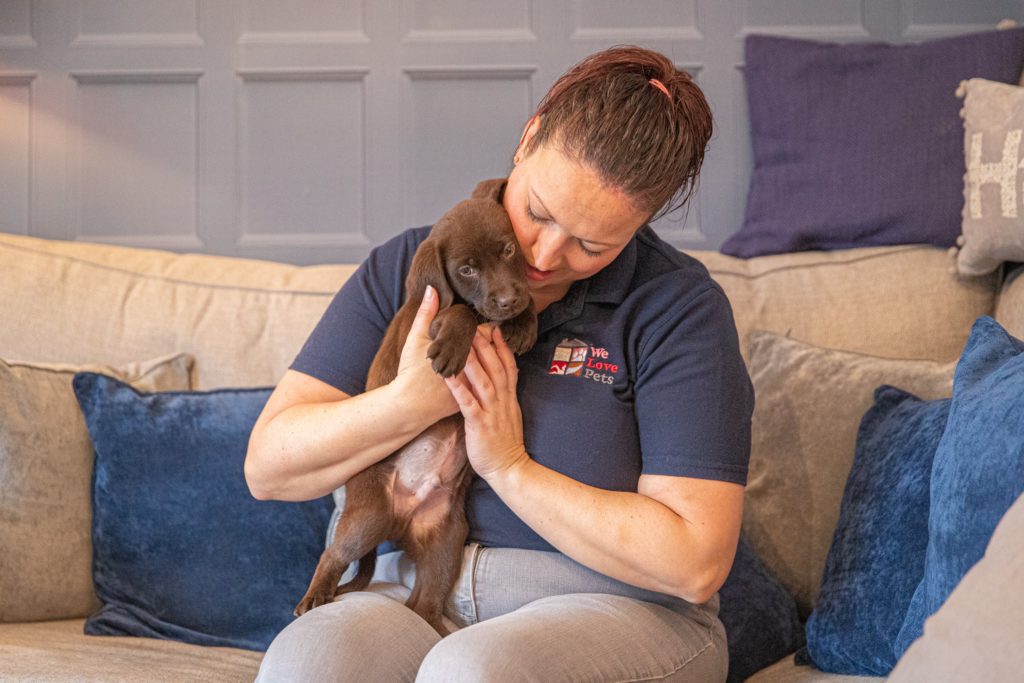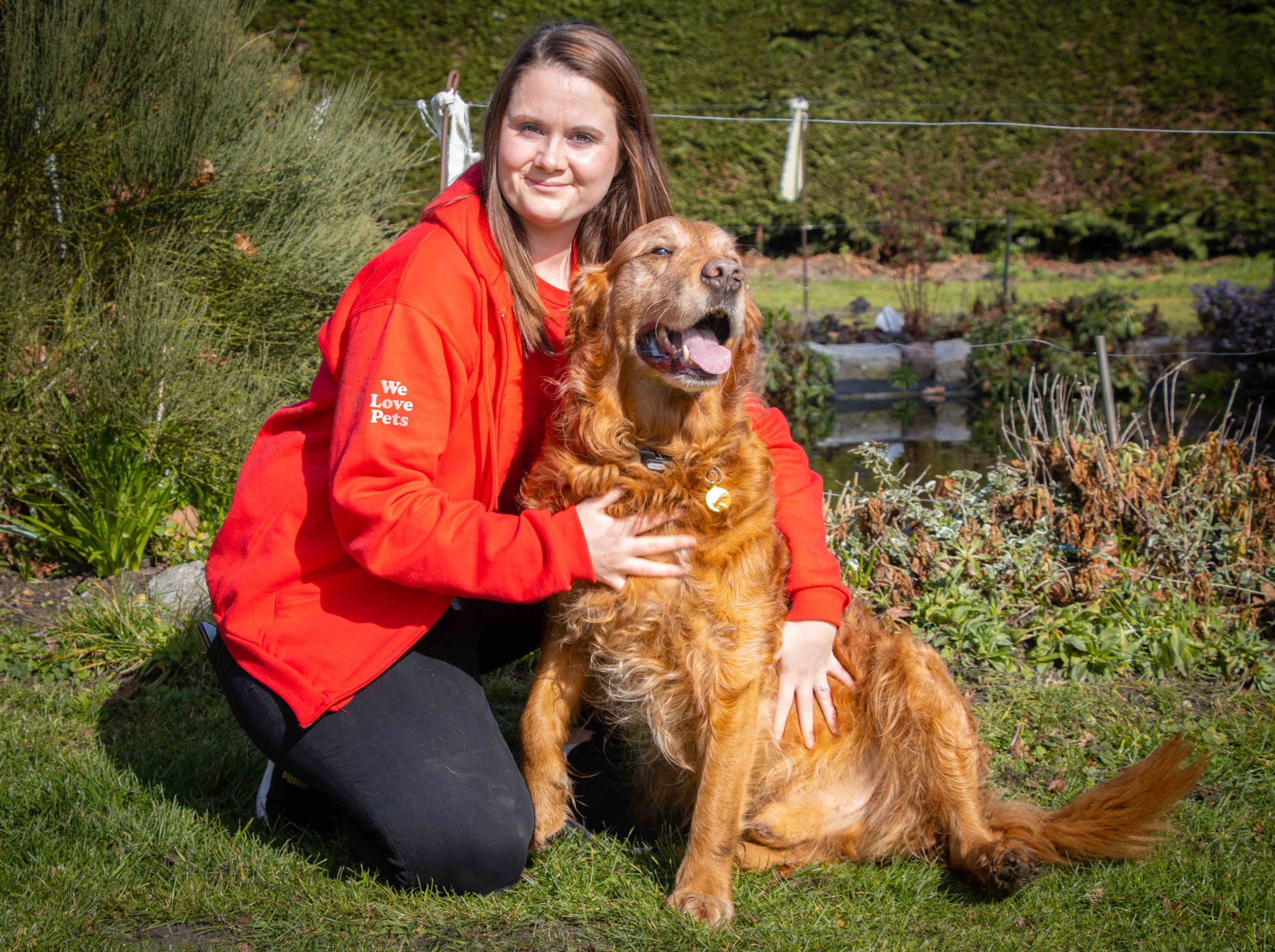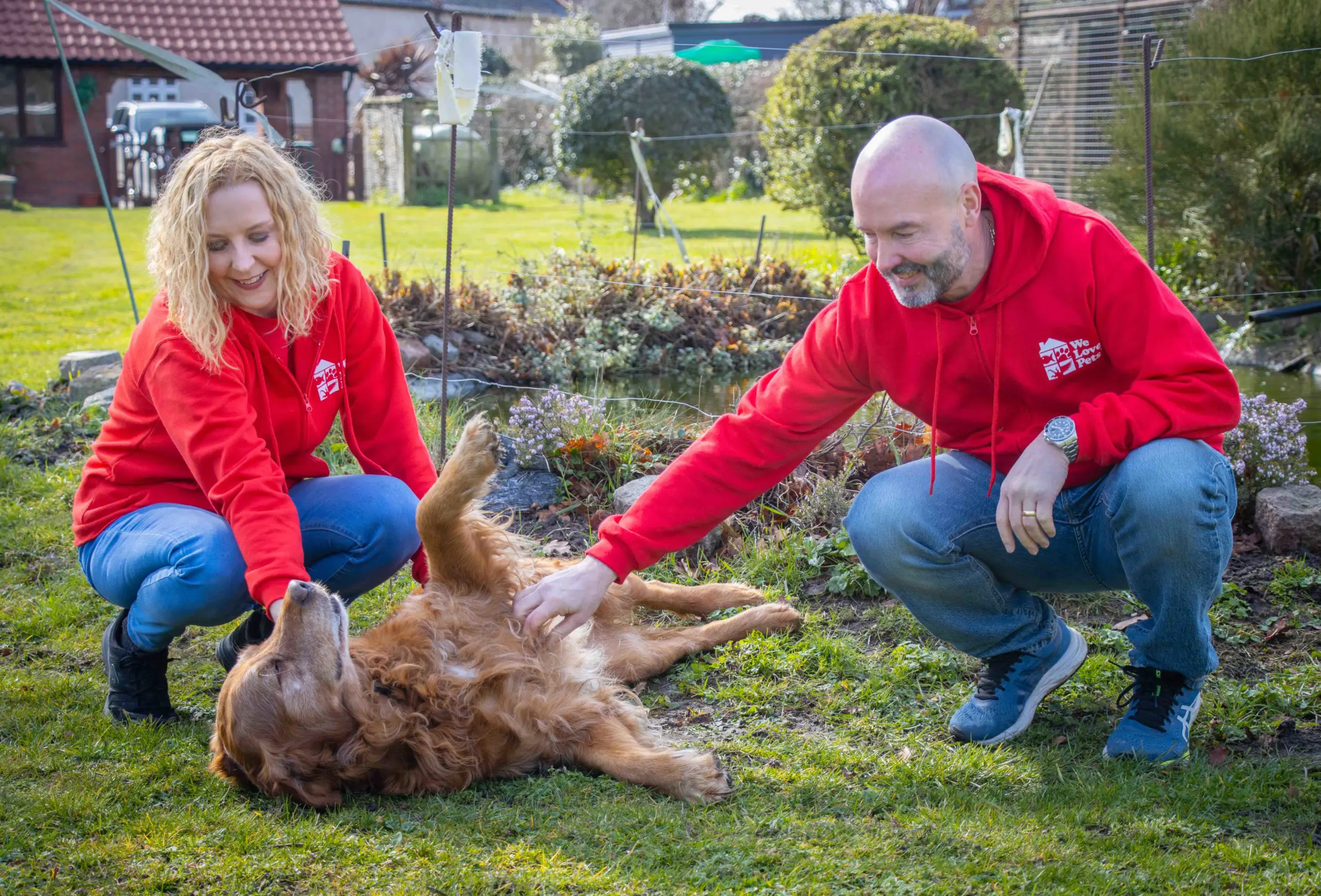Are your pets vaccinated? If you’re not sure – go ahead and check with your vet! Pet immunisations are extremely important as an animal owner as they can protect your pet from a host of illnesses. And August is National Immunisation Awareness Month, so it’s the perfect time to get educated!
What is a vaccine?
A vaccine is a substance containing an agent which resembles a viral disease. When administered, it gives the body a chance to build resistance to specific infections and makes the immune system stronger. They are a safe and effective way to protect against harmful viruses!
Why should I vaccinate my pet?
As pet owners, we have both a moral and legal obligation to safeguard the animals in our care. It’s our responsibility to protect them from pain, suffering or disease, as much as we can. And as animals are part of the family, their health and wellbeing are definitely a priority!
Vaccinations offer a simple and practical way to protect your pets from threatening viruses that may be contracted by interaction with other animals or in their surrounding environment. Vaccinating your pets gives them a defence that their immune system wouldn’t otherwise have, as well as provides greater protection for the general population of animals in your community.
When to vaccinate
Vaccination periods vary for different animals, but these are general rule of thumb:
- Dogs are commonly vaccinated between 8-10 weeks, but in some cases as early as 4-6 weeks of age. Second doses are typically administered 2-4 weeks later, and boosters are often required from 6-12 months of age as the dog matures into an adult.
- Cats have a similar vaccination period, starting jabs at 9 weeks with second doses 2-4 weeks after the initial vaccines. Cats also need regular booster vaccines about once a year.
It’s always best to get your vet’s opinion on when to vaccinate your pet. They will know what time frames are appropriate based on your pet’s species, breed, and age. If your pet will require regular boosters, it’s a good idea to get your vet to schedule reminders!
Common Vaccines for Dogs
Core vaccinations:
- Canine Parvovirus: a potentially fatal viral disease that is spread through contact with infected faeces. Affected dogs require intensive veterinary treatment.
- Canine Distemper: a virus that attacks the different organs such as the heart, guts and even the brain. It spreads through the air and bodily fluids, with a variety of symptoms ranging from mild to serious.
- Infectious Canine Hepatitis: an infection that attacks a dog’s liver, kidneys, eyes, and blood vessel linings. It is spread through bodily fluids of infected dogs, and the virus can survive in the environment for up to a year. It is very dangerous and can spread quickly.
Common Vaccines for Cats
Core vaccinations:
- Feline Calicivirus: a virus which affects domestic cats, causing a range of flu-like symptoms. There are several known strains of FCV with varying abilities of infection and symptoms.
- Feline Leukaemia Virus: a retrovirus that can be transmitted through the transfer of saliva or nasal secretion and may lead to the development of cancers such as lymphoma, leukaemia or other tumours.
- Feline Infectious Enteritis: also known as “feline parvovirus,” it’s transmitted through infected faeces and depletes the body’s white blood cells. It may also cause severe damage to the intestinal linings.
What happens if I don’t vaccinate?
Many of these viruses and diseases are kept at bay through herd immunity – a form of indirect protection in which the majority of a population have been vaccinated against a disease. This ensures that there’s less of an infection risk in the greater community. However, if owners stop vaccinating their pets, there will likely be a rise in these diseases.
An increase in infectious diseases and lack of vaccination puts your pets at risk of becoming very poorly. Since we love our pets, and want the best for them, it’s advisable to keep them up to date with their jabs and avoid putting them in harm’s way!
Want to know more?
If you’re looking for more information on vaccines and how they might affect your pet, check out the RSPCA website here.




